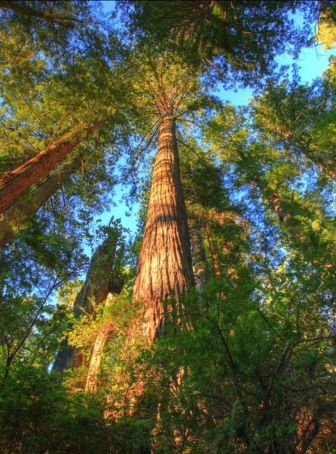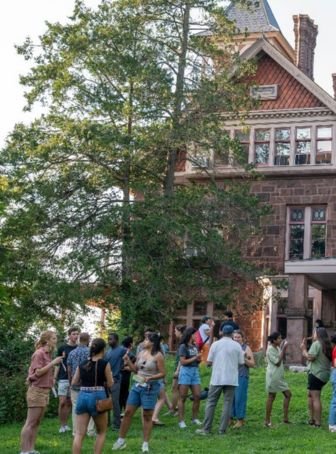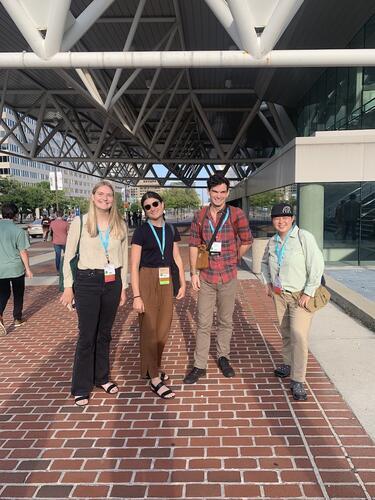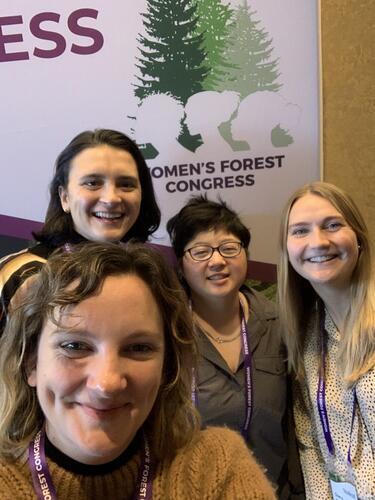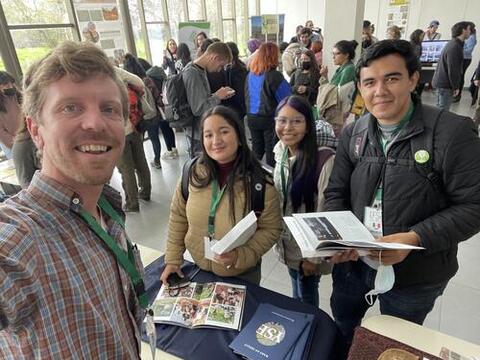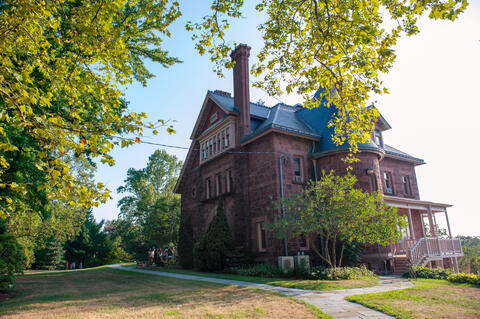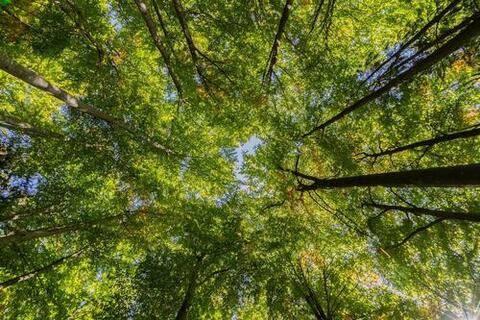The Overstory
Welcome to The Overstory, the tri-annual publication of forest-centric news produced by The Forest School at the Yale School of the Environment. We are excited to share with you how our community is advancing the field of forestry in all its many forms.
Featured Article: The Forest School Helps Guide the Design of the 9th American Forest Congress
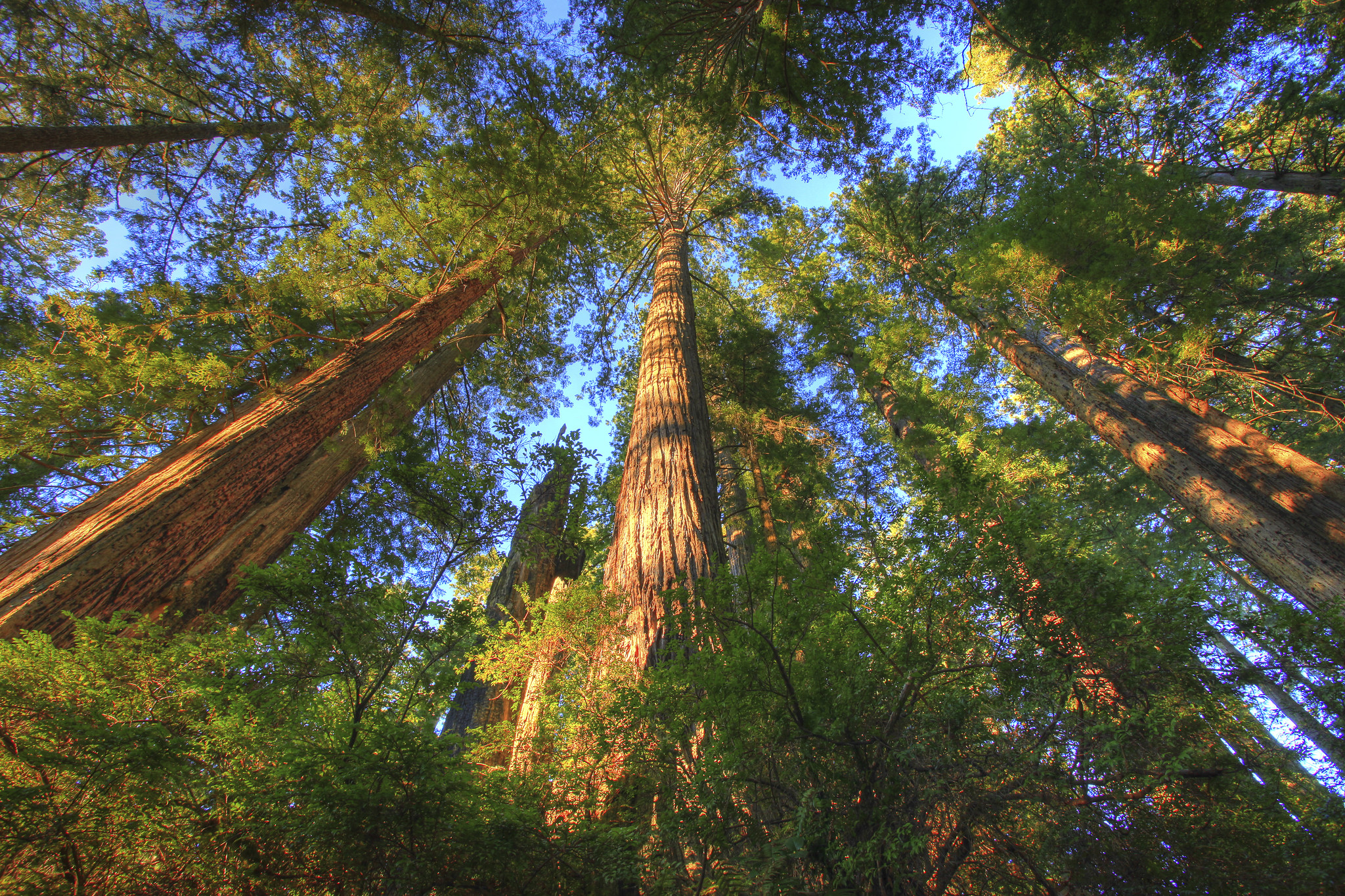
By: Sara Santiago ’19 MF
The American Forest Congress is not a conference; it is intended to be an engaged, interactive assembly aimed at actionable outcomes for forests across the United States. The upcoming 9th American Forest Congress (link is external), to be held in Washington, D.C., from July 15-18, 2025, will serve as a platform for ideation and implementation of a new forest stewardship ethic tailored to current ecological and economic needs.
Historically, the Congress — first held in 1882 and most recently in 2022 — has produced significant outcomes (link is external) such as the creation of the USDA Forest Service, the establishment of eastern National Forests, the development of community-based forestry approaches, and initiatives to enhance women’s leadership in forestry.
The Forest School at the Yale School of the Environment played an instrumental role by hosting the coordinating office for the 7th American Forest Congress in 1996, which brought together representatives from all U.S. states to formulate a new national forestry agenda. 51 state-level roundtables culminated in a nationwide congress in Washington, D.C. Now, our school is again involved in the 9th American Forest Congress, contributing through steering committee participation, process design, research for white papers, and the organization of content-design workshops.
Convening Around Healthy Forests and Thriving Communities
Western forests have been experiencing wildfires, while eastern forests are confronting disease in a changing climate. The American Forest Congress recognizes this as a turning point for forests. The 9thAFC aims to promote forest health, plan for community economic stability, and advance sustainable forest management. It seeks to foster a new stewardship ethic to address these challenges and rebuild economic opportunities in forested communities.
Steering committee members, who are the official advisory body for the Congress, come from a diverse group of organizations, including the Doris Duke Foundation, National Forest Foundation, American Forest Foundation, National Association of State Foresters, The Nature Conservancy, Sustainable Forestry and African American Land Retention Network, Society of American Foresters, Michigan State University, Oregon State University, Yale University, and Youth4Nature, among others. Yale affiliates Terry Baker ’07 MF (Society of American Foresters), Gary Dunning ’96 MF (The Forest School at YSE), and Sara Kuebbing (Yale Applied Science Synthesis Program) serve on the steering committee, while Karen Harding ‘03 MEM holds the role of lead facilitation consultant and Becky Turner ’00 MEM (American Forests) is one of the lead host coordinators. The hosting institution and coordinating body is American Forests.
The Congress aims to include a broad range of individuals: environmental, science, and economic experts; policymakers and changemakers; representatives from state, local, and Tribal governments; industry and community leaders; youth; and small family forest landowners.
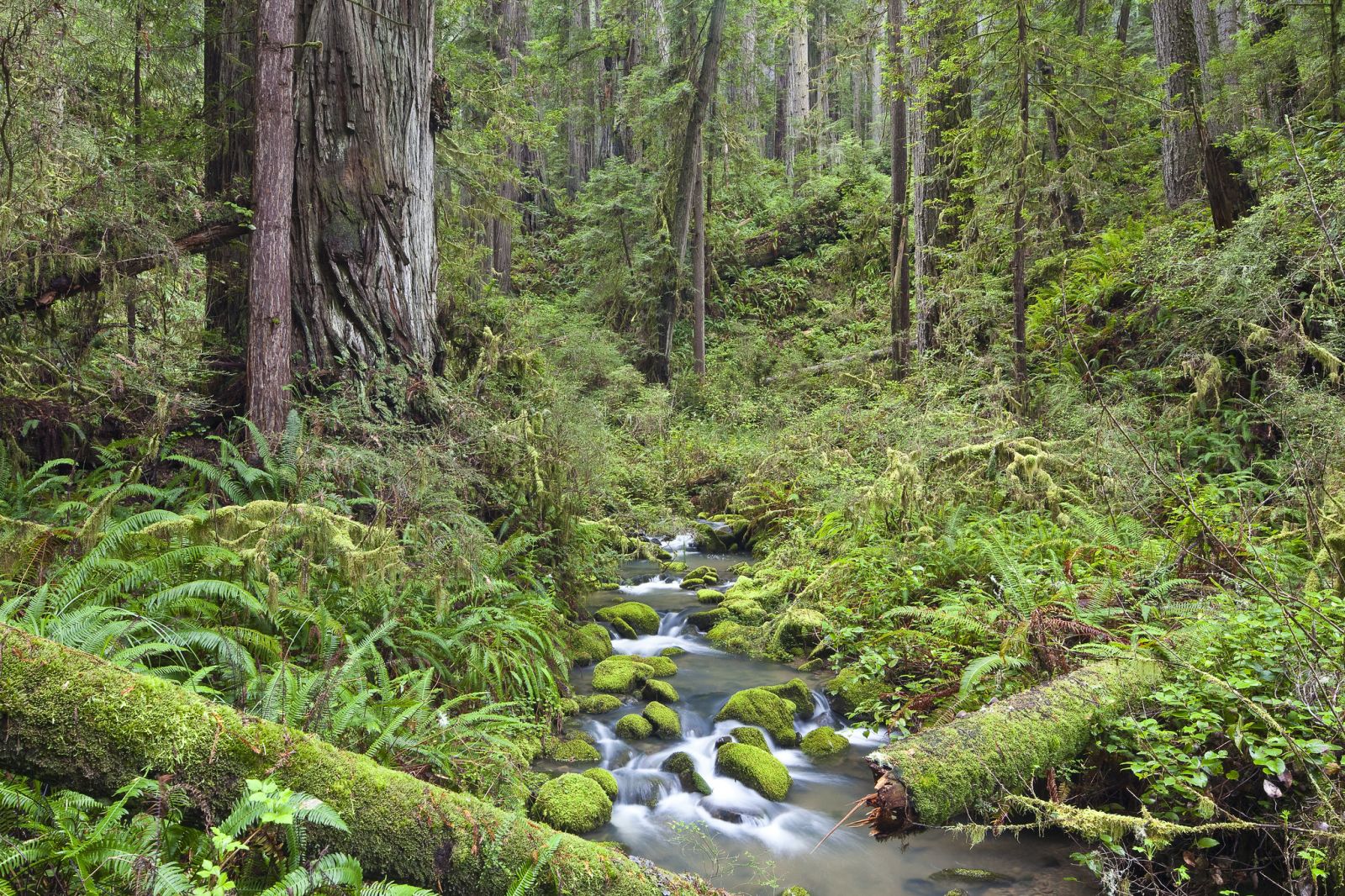
The Headwaters Forest Reserve, an old-growth redwood forest system in California. Photo: BLM photo by Bob Wick.
Four Pathways Forward
The Congress is organized around four thematic pathways to ensure the co-creation of solutions: forest health and resilience; reforestation; sustainable forest products; and nonfederal land stewardship.
Gary Dunning and Sara Kuebbing of The Forest School at the Yale School of the Environment contribute to the sustainable forest products and the reforestation and forest health and resilience pathways groups, respectively. Each pathway hosted open workshops in preparation and content design for the 9thAFC. Beyond her role as steering committee members, Kuebbing leads background research with Yale students and postgraduate associates through the Yale Applied Science Synthesis Program on topics including forest health, resilience, reforestation, and support for smallholders, informing the Congress’ deliberations.
Call to Action
The Congress will convene at a crucial political juncture, six months into the current federal administration. “This is a very important moment for the future of U.S. forests, which are impacted by many different forces. Bringing stakeholders together to understand those forces and collaboratively map a path to the future that we agree on is vital,” says Dunning.
This year also marks the 125th anniversary of The Forest School, adding significance to the 9thAFC as a platform for implementing a new forest stewardship ethic for sustainable management of American forests in the coming decades.
Ahead of the July Congress, registration (link is external) is open for the May pathways workshop, which will help develop the Congress and its outcomes. R (link is external)egistration (link is external) closes May 15 for attending the Congress itself.
